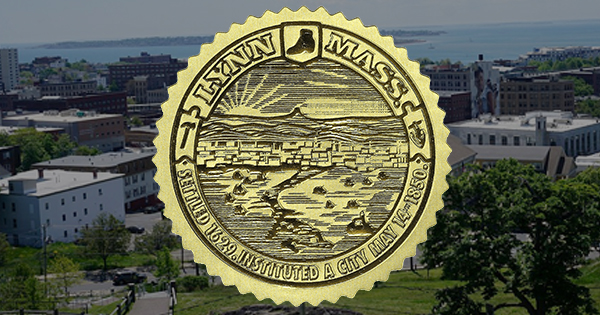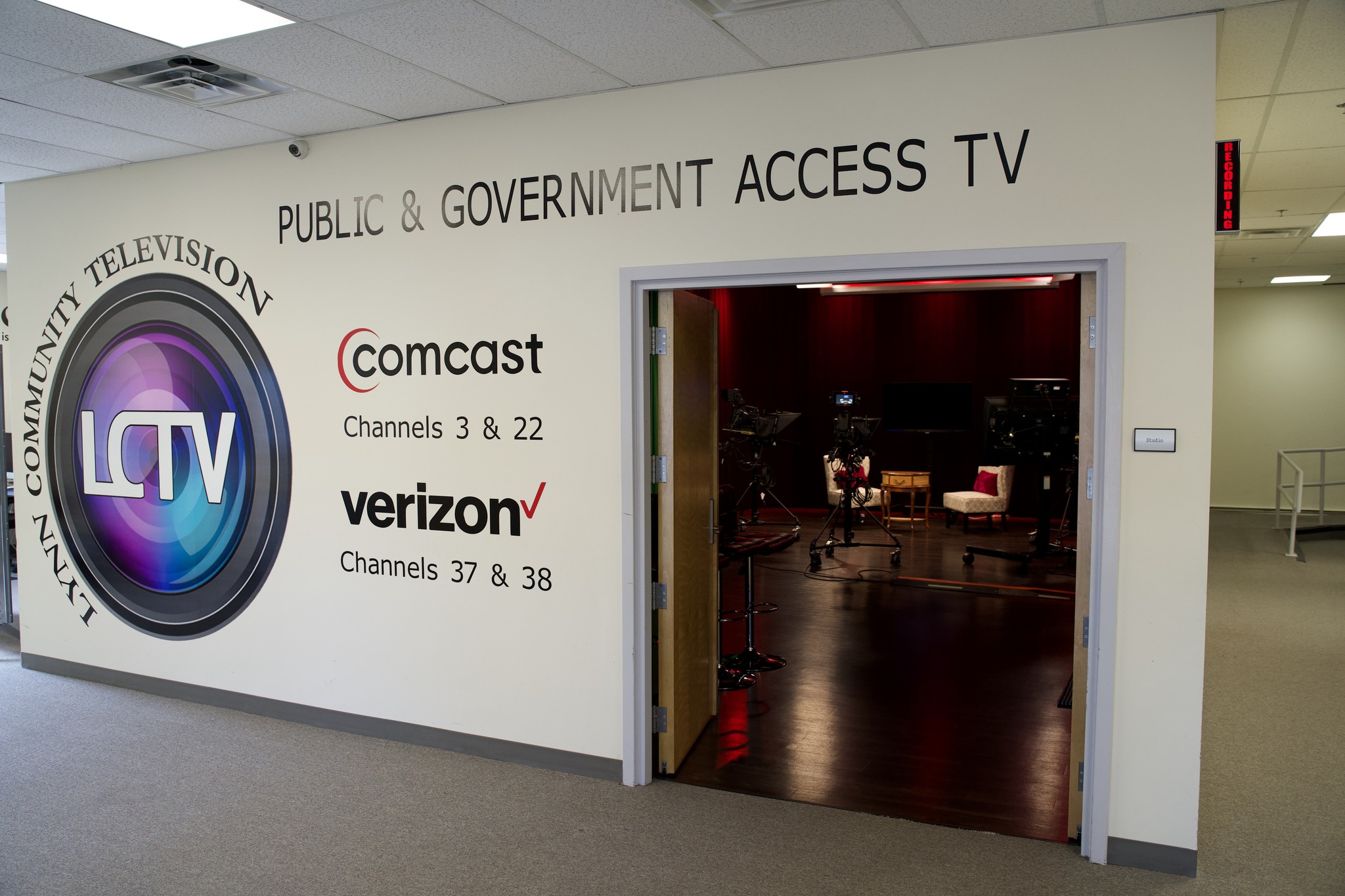
The City’s ongoing effort to create an unarmed response team has taken another step forward with the publication of reports by consultants that have been retained to help develop the City’s approach.
One report was produced by Health Resources in Action (HRiA) and the Metropolitan Area Planning Council (MAPC), while the second was published by the Collins Center for Public Management at UMass Boston.
As previously announced, the City is currently working to create an unarmed response team in partnership with Eliot Community Human Services, which has been contracted by the state to establish a Community Behavioral Health Center (CHBC) in Lynn, providing easy access to mental health and substance use disorder services delivered by licensed behavioral health staff.
Eliot is putting together an array of resources, including prescribers, nurses, case workers, and managers. According to the Collins Center report, “the CBHC model has the potential to revolutionize behavioral health care in Massachusetts.”
Faustina Cuevas, senior advisor to Mayor Nicholson and the City’s Diversity, Equity and Inclusion officer, said “the City’s plan is to leverage the resources offered through the CBHC as it forms its own unarmed response team that will operate independent of law enforcement.” Cuevas has been running point on this initiative from the mayor’s office since the idea was brought forth by the Lynn Racial Justice Coalition.
The publication of these reports marks the conclusion of Phase I of work towards the establishment of the unarmed response team. HRiA and MAPC stated in their report: “We recommend that the emergency alternative response program in the City of Lynn be fully unarmed and operate independently from the police and other public safety agencies. Given the clear synergies and benefits presented by the implementation of the CBHC, it is also recommended that the City pursue a partnership with Eliot CHS to create such a team.”
In the next phase of work, the same consultants will work on the design and implementation of the team (Phase II). They will again solicit community input, including the formation of a working group to gather feedback.
“We want to continue to get community buy-in on how this plan can be successful,” Cuevas said. Nicholson added the involvement of key stakeholders, such as the Lynn Racial Justice Coalition, is critical to the success of the unarmed response team.
“Understanding the importance of getting this right, we have proceeded in a deliberative and thoughtful manner. We want to ensure that we end up with a model that works best for all residents, especially those who will benefit from these services. We will get there through continued collaboration with our partners in the community, Eliot and public safety.”
Mayor Jared Nicholson
The HRiA and MAPC report identified that in order for this collaboration to work effectively, racial equity, non-behavioral health calls and uninsured community members need to be a priority. This will aid in building community trust and making sure the initiative works for everyone. These were also common themes that emerged throughout the fall in the six listening sessions the consultants had with community members across various groups, including families in public housing, behavioral health providers, at-risk young people, unhoused individuals, and parents of youth with mental-health needs.
The plan is for Lynn’s unarmed response team to address not only mental health, behavioral and substance use issues, but also homelessness, panhandling and food insecurity, Cuevas said. While the CBHC operates with reimbursement from MassHealth, the City will provide funding to hire additional staff to perform the additional services, which will also be available to residents who are not covered by MassHealth.
“This is an incredible opportunity to address a top issue facing our community and further racial justice efforts,” Nicholson said. “We have been energized by the interest from Eliot in collaborating and the positive feedback from various stakeholders, including public safety. We know there is more work to do in terms of figuring out the scope of the new program and collective bargaining down the road, but the positive feedback has been encouraging. We also appreciate the more challenging feedback we have received from community advocates, who have played a leadership role on this initiative and care deeply that we get this right.”
“We want people to get the care and assistance they need, when they need it,” added Nicholson, who has been a staunch proponent of the creation of the unarmed response team. “We have the opportunity to take advantage of this collaboration as we establish a health-first, culturally- and trauma-informed response to calls.”
One community member stressed during the community engagement process that language access is important. “I’ve been in the community for 16 years; language is a barrier to connecting with services,” they said.
In a letter contained in the Collins Center report, Lynn Police Chief Christopher Reddy detailed the steps the department has taken to improve its relationship and solidify the trust of the community, including body-worn cameras and requiring training in implicit bias, cultural competency, mental health first aid, crisis intervention and de-escalation.
Reddy noted the department created a behavioral health unit that has grown over time to include two full-time clinicians and one full-time case manager, who engage in “proactive outreach and occasional co-response to address the needs of people experiencing mental illness, substance abuse disorder, or homelessness.”
“The Lynn Police Department is committed to responding effectively, and justly, to the needs of all members of our community,” Reddy wrote.
The consultant reports from Phase I can be found online at lynnma.gov/unarmedresponse.
The above press release was submitted to us by Mayor Nicholson’s office.
If you have a news story that you would like to share, please contact us via email or call 781-780-9460.

